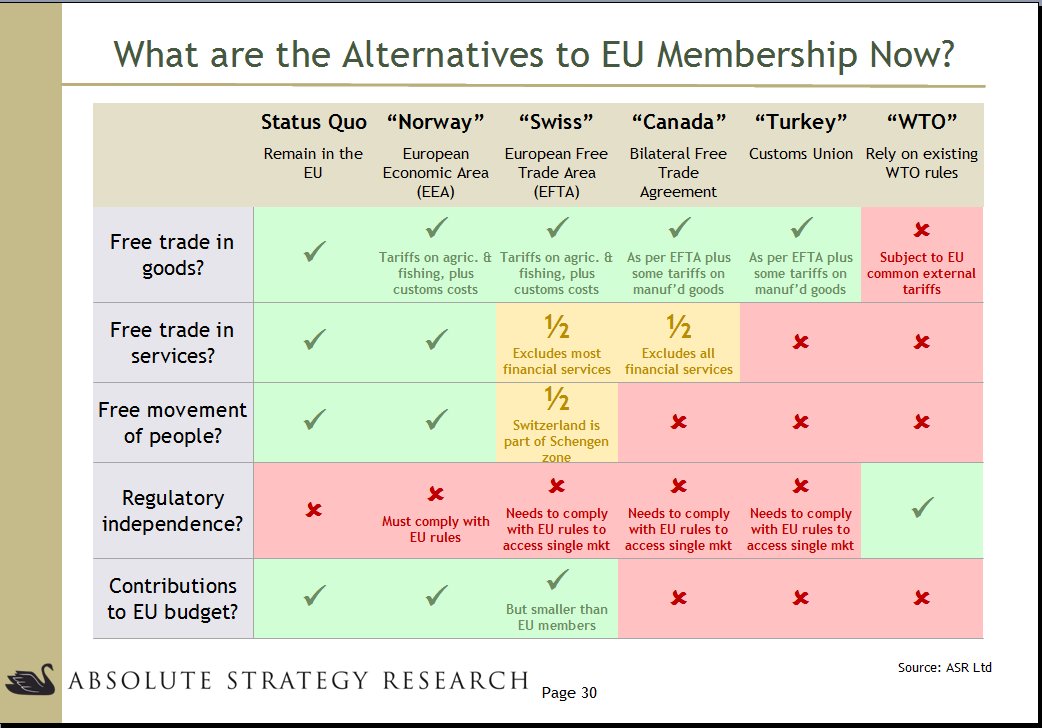After halting everything for a few weeks to allow time for a review, Prime Minister Theresa May has now given the go-ahead for the Hinkley Point C nuclear power station.

And I have to say, about bloody time too!
While I accept that nuclear power presents us with long-term waste storage issues, we desperately need nuclear for electricity generation. Renewables, in my estimation, aren’t going to hack it even if we do cover the country in windmills and manage to constrain our thirst for ever more energy.
No, nuclear isn’t without its challenges, but it is a whole bunch cleaner, less productive of “greenhouse gases”, and indeed overall safer, than coal, oil, gas or even biomass generation.
And yes, like many, I’m not entirely happy with the major involvement of a French energy company (EDF) or the need for Chinese funding and technology — but then we go longer have the skills etc., largely due to past government neglect of science and technology. So I still believe this is, overall, the right decision for both the country and the environment.




